
Steven Schroeder, a senior at
Schroeder often hears from recently graduated friends that the equipment he works with is professional grade, which will allow him to hit the ground running after graduation.
But he also appreciates the well-rounded education
Mark Springer, dean of the College of Liberal Arts and School of the Arts at
"Liberal arts are essential in a college education." Springer explained. "It enhances their ability to communicate with people from different cultural backgrounds, to work in teams, to be creative thinkers, to be critical thinkers. They've been part of classrooms where global discussion is followed by local discussion of really complex issues."
This is where the College of Liberal Arts shines, Dean Springer says, with its 17 disciplines and dozens of student-led organizations.
The nationally recognized Mass Communications program at
 Liberal arts are essential in a college education. To communicate with people from different cultural backgrounds, to work in teams, to be creative thinkers, to be critical thinkers."
Liberal arts are essential in a college education. To communicate with people from different cultural backgrounds, to work in teams, to be creative thinkers, to be critical thinkers."
The curriculum for Mass Communications is constantly evolving to reflect industry trends, and strategic investments have been made in facilities and equipment. The university, for example, is developing student organizations and courses in the area of eSports.
To Professor Dale Zacher, chair of the Department of Mass Communications at
"Our real standout feature is the student organizations and the opportunities students have to work in the field while on campus," he said. In the case of media, Zacher is referring to UTVS (television), KVSC (radio), and the University Chronicle (student newspaper). Students get involved in organizations as they follow their interests. "You can get involved as a first year or as a transfer student, and that's unusual. Students get high level professional experience in just about any area."
"I came here to be an anchor," said Nyah Adams, a Mass Communications and Political Science double-major. "And now I'm learning that I really like the technical side of things. I've just gotten to do so many different opportunities that I didn't even know existed before I got here."
This diversity of experience is especially important in today's communications industry, which seeks people versed in writing, video, photography, social media and more. Graduates may find jobs at traditional mass media outlets, or at media agencies, businesses or institutions.
"We have a podcast studio, classes in social media and motion graphics," said Zacher. "The sky's the limit. We serve a growing field that requires lots of different skills."
 Students have a head start in internships. They have a head start in their first jobs. They've been trained. They can hit the ground running."
Students have a head start in internships. They have a head start in their first jobs. They've been trained. They can hit the ground running."
Students see the impact of their work long before they graduate. Through the University Television Station, college radio stations and social media, students engage at
And that builds the success Mass Communication graduates enjoy in the professional world, where they sometimes teach their new coworkers about new technology and approaches. Alumni support the school and form a professional network across the country. The excellence of the program attracts significant donor support.
"We're proud that our students do professional work here," said Zacher. "Students have a head start in internships. They have a head start in their first jobs. They've been trained. They can hit the ground running."
And wherever their career takes them, like all
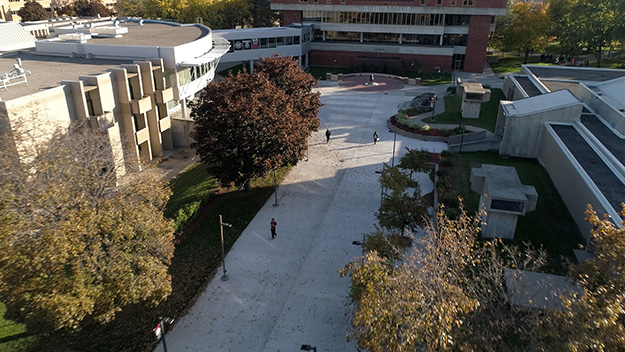
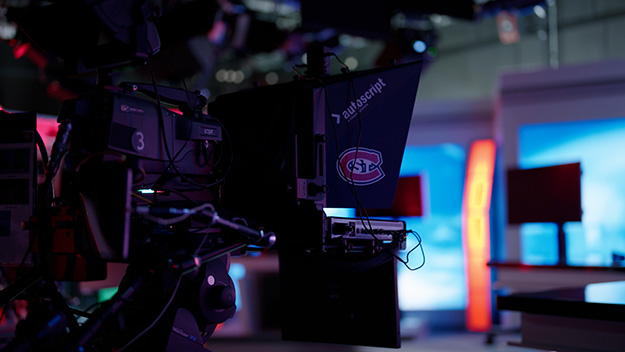
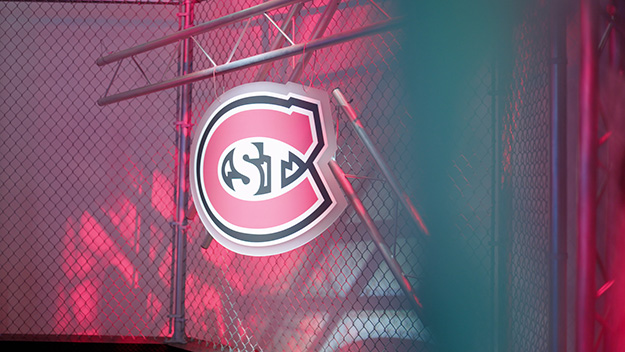
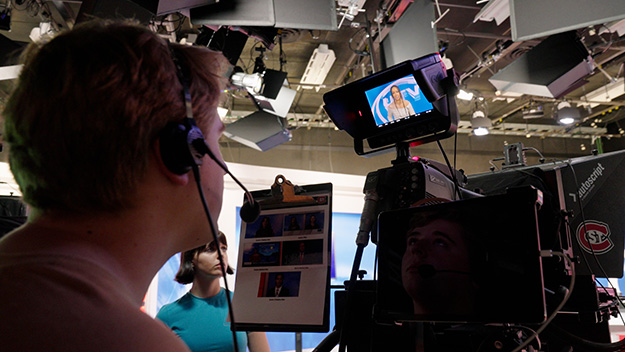
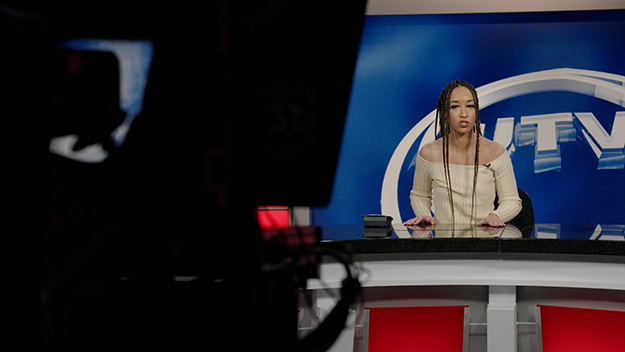
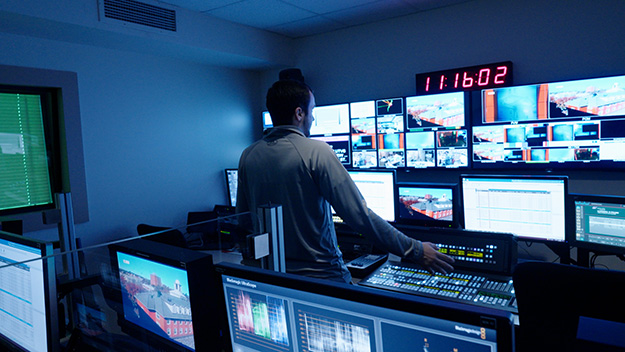

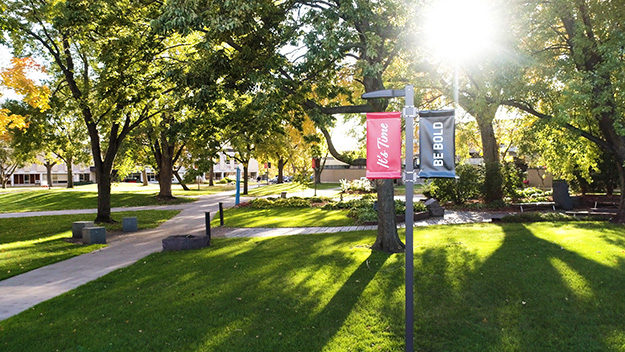
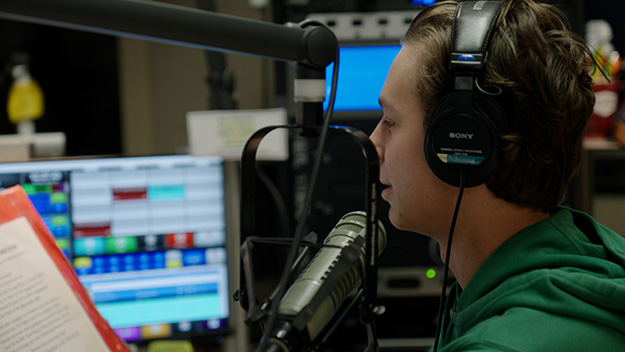
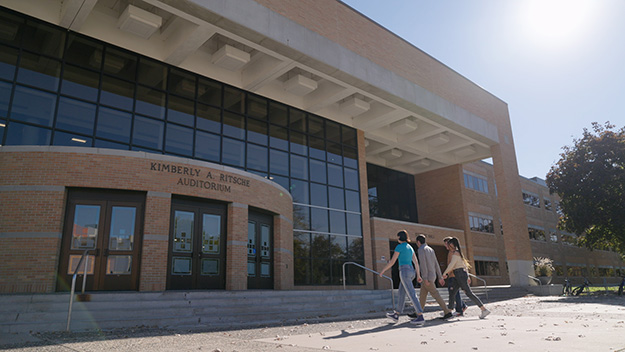
Protect the Pack safety protocols were employed based on community safety conditions and the rate of transmission of Covid during the filming of the stories in this series.